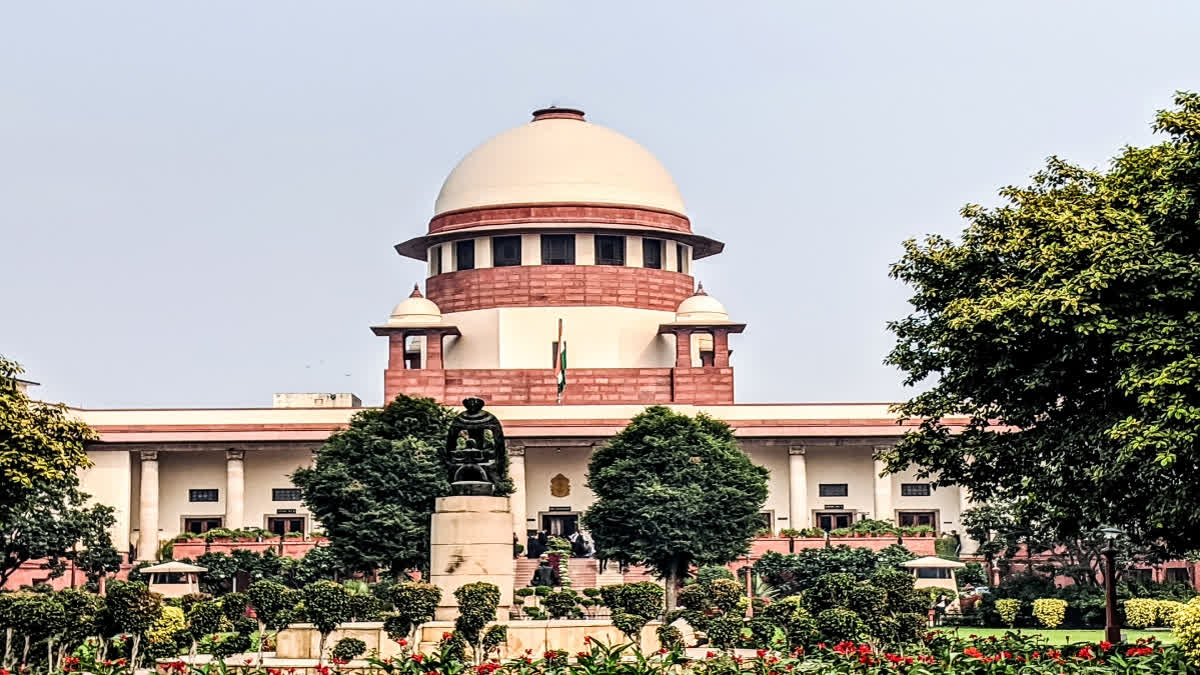New Delhi: The Supreme Court on Thursday reserved its verdict on whether the royalty payable on minerals is a tax under the Mines and Minerals (Development and Regulation) Act (MMDRA), and is Centre vested with the power to levy it or states also have the power to impose levies on minerals. The matter is the oldest pending case before the nine-judge bench of the apex court.
A nine-judge bench headed by Chief Justice DY Chandrachud also comprising Justices Hrishikesh Roy, Abhay S Oka, BV Nagarathna, JB Pardiwala, Manoj Misra, Ujjal Bhuyan, Satish Chandra Sharma, and Augustine George Masih, heard the matter on eight days. A total of 86 appeals were filed by different state governments, mining companies, and public sector undertakings.
The Centre was represented by Attorney General R Venkataramani and Solicitor General Tushar Mehta. The AG argued that the Union had overriding powers with regard to tax mines and minerals.
Mehta said the entire architecture of the MMDRA is that there is a limitation on the states' legislative power to impose tax on minerals and the Centre has the power to fix royalty.
During the hearing, the apex court had observed that the Constitution vests the power to impose a tax on mineral rights not only in Parliament alone but also on the states. The bench emphasised that such authority should not be diluted.
Senior advocate Rakesh Dwivedi, appearing for Jharkhand, one of the petitioners, had contended that royalty is not a tax. He stressed that states have the power to levy taxes on mines and minerals based on Entries 49 and 50 of the State List.
Several senior advocates Harish Salve, Abhishek Singhvi, Arvind Dattar, AK Ganguly, Darius Khambata, and SK Bagaria contested Dwivedi’s contentions. The mining companies' counsel contended that only Parliament can impose taxes on minerals by virtue of the MMDRA. They stressed that states are completely denuded of the power to levy any taxes on mines and minerals.
The case originates from a dispute between India Cement Ltd and the Tamil Nadu government, where the former had secured a mining lease in the state and it was paying royalty to the state government.
The state imposed a cess in addition to royalty on the private company. The company challenged it before the Madras High Court, contending that a cess on royalty meant a tax on royalty, which was beyond the remit of the state legislature. The Tamil Nadu government argued the cess was by way of land revenue and on mineral rights, which it was empowered to impose.



